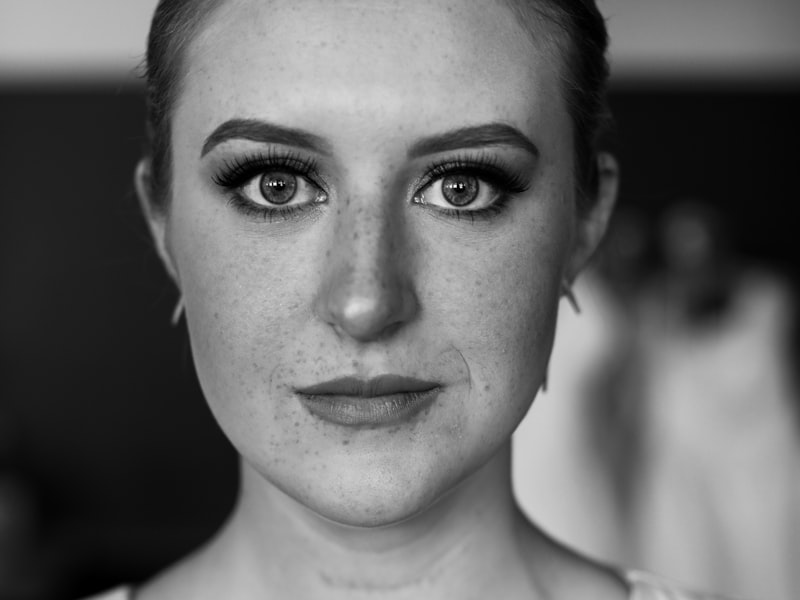Health Benefits of Reflexology


There are numerous benefits to reflexology. It improves blood circulation and oxygen supply to vital organs, and also improves metabolism. This results in faster healing and regrowth. There are many benefits of reflexology, including a reduced risk of developing urinary tract infections, improved digestion and a more efficient method of eliminating toxins and foreign substances. Learn more. We will explore the many benefits of reflexology for your health and how to begin. This article also discusses the cost of reflexology.
Zone theory
The concept of zone therapy dates back to the beginning of the twentieth century. It was first proposed by Dr. William FitzGerald, an American doctor and nose and throat specialist. It was built on the concept of electrical circuits in the body. Dr. Charles Ersdale used zonetherapy to treat paralysis in the 1950s. In addition to hands and feet zone therapy could also be applied to the ears and face.
The Zone theory of reflexology is founded on the idea that the whole body is connected by ten energy zones. The foot is sensitive pressure, so stimulating the toes on their own may not be effective. More effective results can be achieved by using the soles of the entire foot, not just one. Reflexologists may have more than one zone. This could explain why they experience less pain. Although the theory isn't without controversy but it has some merit.
Pressure points
Reflexology is a method of establishing the connection between different parts of the body. The human body is one of the most popular examples. It is believed that the pressure points on our feet and hands are connected to various parts of the body. Finger tips contain ten pressure points. These points can be utilized to treat many ailments, including digestive disorders, headaches and common flu symptoms. In reflexology, there are specific techniques to stimulate each acupoint.
While the two are popular complementary therapies, they have numerous distinctions. The former is based on the use of pressure points to enhance the function of other body parts. Acupressure and reflexology both have their roots in Asian traditions. However there isn't any scientific evidence to support their claims. Reflexology's benefits cannot be ignored. Ultimately, reflexology should not be used to replace traditional medical treatment.
Health benefits
People suffering from depression, stress, anxiety and stress are said to benefit from reflexology. It can also assist people with poor circulation. Through stimulating specific pressure points on the hands and feet the reflexology helps improve blood flow throughout the body. Patients often report feeling relaxed and rejuvenated after a reflexology session. The technique is also believed to decrease joint inflammation and relieve the pain and discomfort. If you're interested in the benefits of reflexology to your health Here are a few of the most important ones.
Reflexology encourages the production endorphins, the body's own natural painkillers. This increases mood and is associated with positive emotions. It also increases serotonin production which is linked to happiness. Reflexology has also been associated with an increase in energy. It can also reduce depression, anxiety and pain. It's not surprising that it is beneficial for those with a variety of conditions.
Cost
If you have health insurance you are able to claim the cost of reflexology services. Reflexology is regarded as a complement to other treatments, and could be covered by your insurance plan if there is an official letter that proves it is medically required. Most health insurance plans cover reflexology, and many private companies offer packages that include reflexology. Contact your provider for more about the coverage you have. It's worth a look with your insurance provider.
If you're trying to figure out how to be covered for reflexology by your health insurance, it is important to know how the procedure works. First, the therapist must conduct an appointment with you. To determine the most effective treatment for you The Therapist will need to obtain a thorough medical history. Additional info The treatment itself takes anywhere from 30 to 60 minutes, depending on the amount of work involved. During the session you can relax or even sleep. If it is performed by a certified Therapist, reflexology is safe. Reflexology is not recommended for patients who are at risk of breaking bones.
